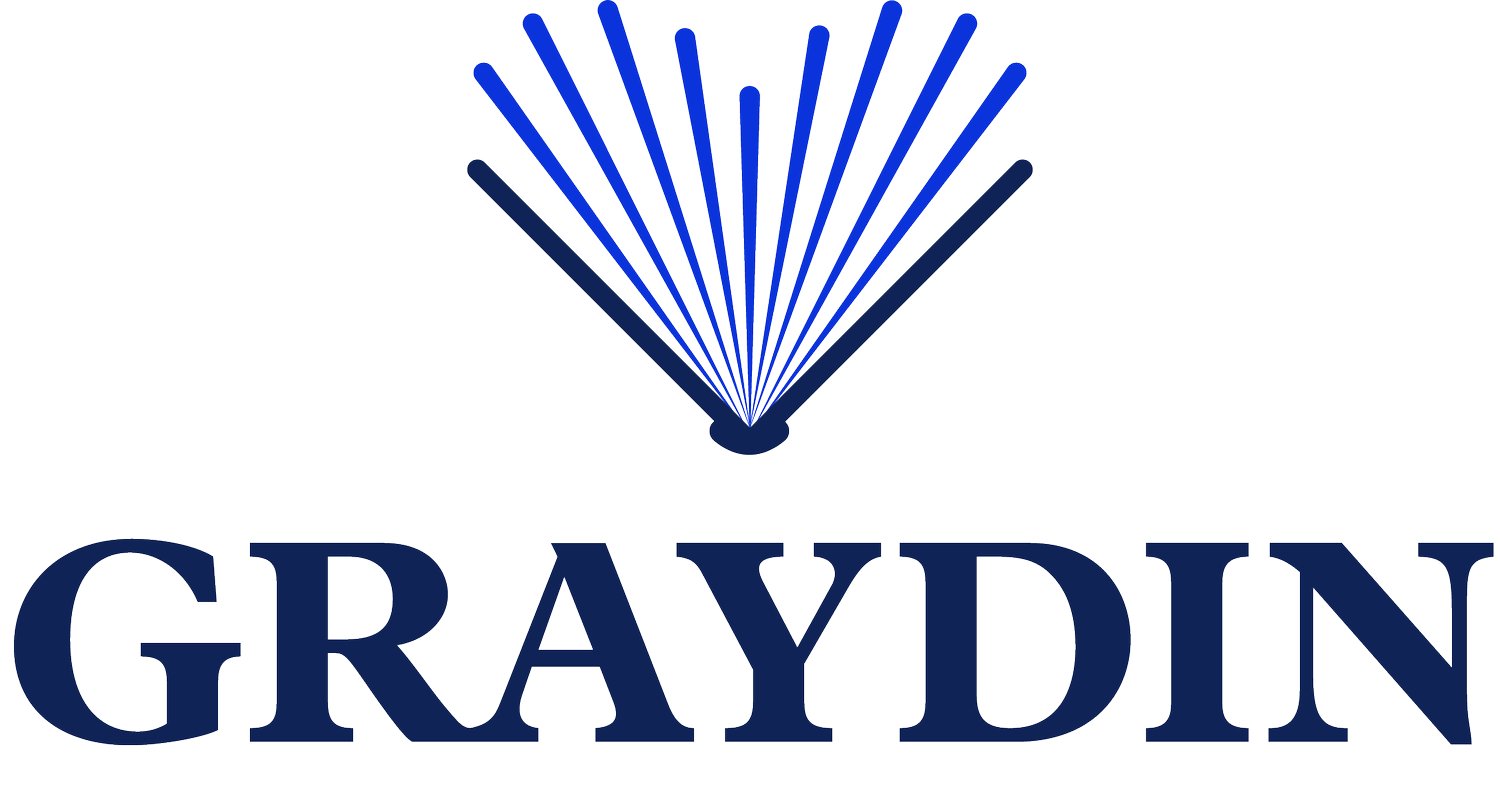Coaching for Connection—In Research
Guest Post by Emma MitchellEmma Mitchell is the Director of International Baccalaureate at Whitgift School, an independent day school in South Croydon.
“Whether you’re an educator, a researcher or something in-between, coaching will connect you to students and reveal more to all involved than you’d ever have thought to ask for.”
When introducing myself in professional contexts, I’m never quite sure what to say. Like Quinn, I wear many hats.
I run the International Baccalaureate curriculum at Whitgift School. I co-write IB Physics websites for teachers and students. (By night) I’m a singer in a punk cover band. And I’ve been learning to coach and facilitate with Graydin since 2018.
But the segment of my life I’d love to share with you today is my doctorate research at the Institute of Education (UCL).
Through my MEd and EdD study, my research has moved with my professional identity. I’ve explored girls’ attitudes to physics, tensions experienced by teachers during assessment reform and school leavers’ expectations of university. For my final thesis, I’m interviewing Year 11 students to establish their values as they choose between sixth form curriculum options.
An important aspect of any research proposal is the ethics application. No project can commence without convincing a supervisory team, a data protection officer and a panel of academic reviewers that participants will come to no harm—and that any inconvenience caused is ‘worth it’, given the potential good for future cohorts.
It struck me that there might be a better way to proceed. What if, rather than seeking to reduce the inevitable time burden and potential discomfort, I could answer my research questions and benefit my students at the same time? As it so often does, coaching held the answer.
Instead of viewing the students as subordinate ‘interviewees’ from whom to extract information, I’m offering three one-on-one or group coaching sessions, taking place in October, January and March of this year. After we form and agree to a verbal Partnership Agreement, I ask Effective Questions that Start With Heart to open the discussion, employing Genuine Curiosity to follow the coachee’s lead into the realms of subject interests, university aspirations and the resources they’ve consulted so far. I find this section works best when I keep my questions short (or sometimes say nothing at all) and when I avoid suggesting influences that the student hasn’t already brought up.
More inspiring still has been the use of Values Visualisations. Truthfully, I wasn’t sure if asking my coachees to close their eyes and imagine listening to their favourite song, what they’d put on a billboard or how they’d spent a billion pounds would naturally relate to curriculum choice. But to my great surprise they had all the vocabulary and flexibility needed to join the dots and the confidence to consider how their decision-making process could change as a result.
When I’ve asked how they compare their mindsets before and after the session, coachees have told me of their heightened clarity and sense of self, and their gratitude for simply being able to talk things through. I’ve gained new clarity myself: all students should have the opportunity to be coached.
Of course, even the most worthy goals aren’t easy to achieve. Within every school are hundreds of students each with countless moments at which coaching would be beneficial—and days already full to the brim with lessons, clubs, sports, art and play. There are also misconceptions about coaching—borne out when my university examiners were unsure about how the quality of my ‘data’ would compare with that from a more typical semi-structured interview template. These doubts might be reflected in some parents and school leaders. It’s fortunate, therefore, that I work at a school with so many Graydin-trained educators!
In my next session with each coachee I’m planning to introduce Lenses, the Gremlin and the Champion. By asking students to step into the shoes of others or tune their inner radio to the channel of their cheerleader, I’m hoping to provide an opportunity for immersion in the possible impacts of their curriculum choice, what’s making it challenging for them and who they could ask for help or look to for inspiration. It’s an understatement to say I’m grateful to Graydin for this diverse toolkit and for strengthening my coaching muscles in The Anatomy, The Journey and The Art!
I’ve long been an advocate for the transformative possibilities of the IB Diploma but have often struggled to convey this to academically-cautious students. It turns out that coaching, in and of itself, allows students the space to consider what they really want, what options they have and what steps they might take to get from A to B. More are opening up to learning about the IB, and with no sales pitch required.
